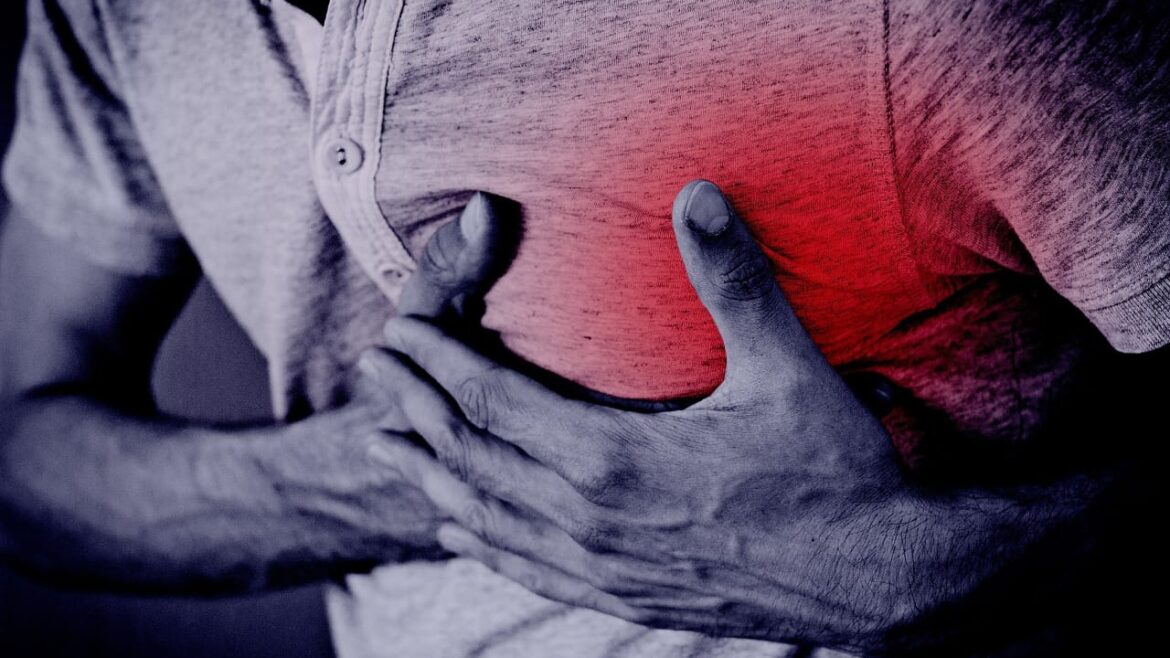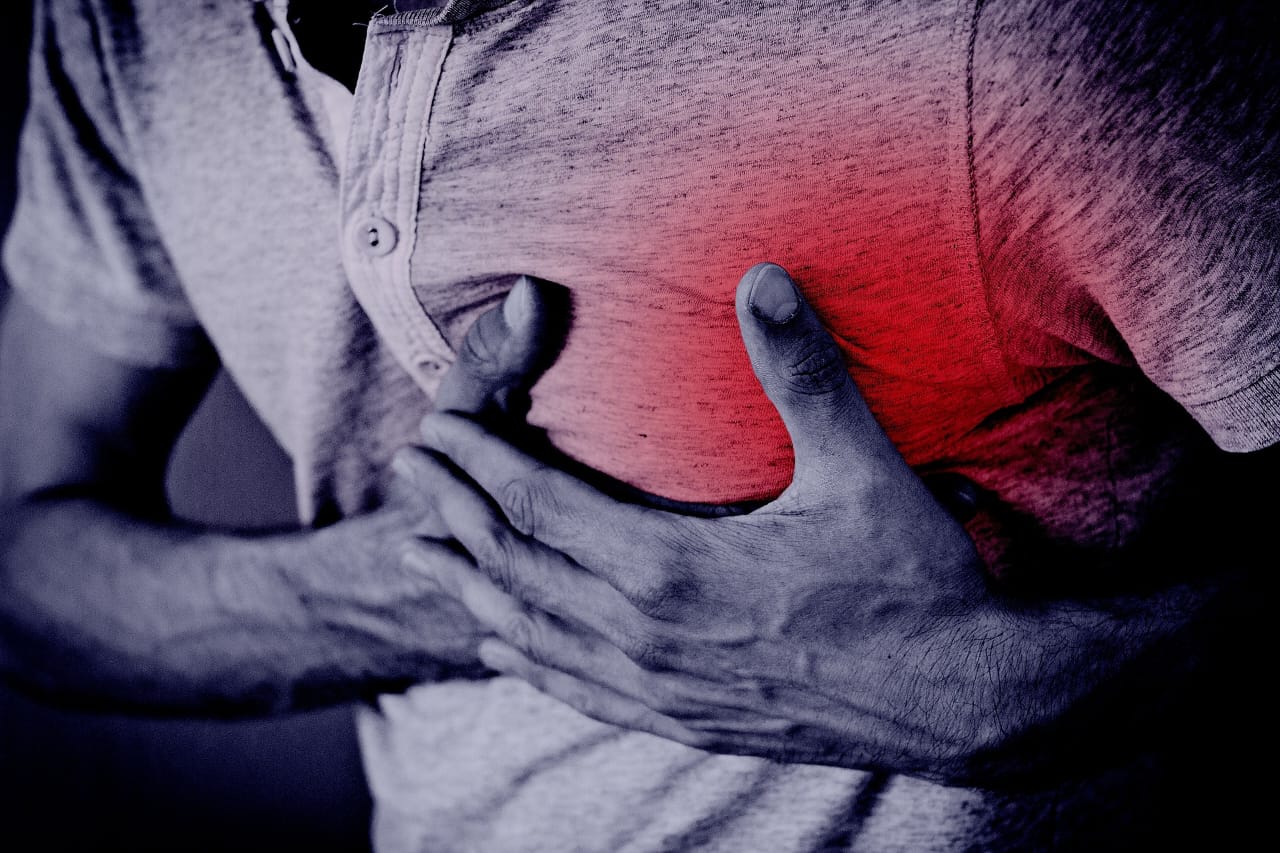13 Habits for Healthy Kidney
https://icdrc.org/wp-content/themes/osmosis/images/empty/thumbnail.jpg 150 150 admin admin https://secure.gravatar.com/avatar/693ccb227eb6527287caaa4e9eb13c6e?s=96&d=mm&r=g
Are you worried about your kidney health? Then, you are at the right place. Here, you will find ways how to keep your kidney healthy. The kidney is one of the major organs of the body that is responsible for the filtration of blood, maintaining blood pressure (9 Habits to reduce risks of cardiovascular disorders), and excretion of multiple wastes from the body like urea, uric acid, and excess drugs and their inactive metabolites. To keep the body fit, kidneys should also be healthy and working properly. Here are some ways to do so;
1. Stay Hydrated
Hydration plays a crucial role in maintaining kidney health. The kidneys are vital organs that help filter waste products and excess fluids from the blood to form urine. Proper hydration is essential for supporting kidney function which includes improved blood flow, prevention of kidney stones, toxin removal, prevention of urinary tract infection(UTI), regulation of electrolyte balance, prevention of acute kidney injury and improved overall kidney functioning.
What to do
Drink an adequate amount of water throughout the day. Proper hydration helps kidneys flush out toxins and waste products.
2. Balanced Diet
A balanced diet ensures that you receive the necessary nutrients, vitamins, and minerals needed for overall health. These nutrients support the kidneys in their various functions, including filtration and elimination of waste products. In individuals with kidney disease, especially in the later stages, reducing the intake of protein may be recommended. This is because the kidneys may have difficulty processing and eliminating the byproducts of protein metabolism. A balanced diet can help manage protein intake while still providing essential nutrients. For individuals prone to kidney stones, a balanced diet may include limitations on foods high in oxalates, as these can contribute to stone formation. Oxalate-rich foods include certain nuts, beets, chocolate, and some leafy greens.
What to do
Consume a well-balanced diet that includes a variety of fruits, vegetables, whole grains, and lean proteins. Limit the intake of processed foods, high-sodium items, and sugary beverages.
3. Control Blood Pressure
Blood pressure plays a significant role in kidney health, and uncontrolled high blood pressure (hypertension) can have detrimental effects on the kidneys over time. The kidneys require an adequate supply of blood to function properly. High blood pressure can damage the blood vessels in the kidneys and reduce renal blood flow. This compromises the kidneys’ ability to filter waste products and excess fluid from the blood. Prolonged, uncontrolled hypertension can increase the risk of end-stage renal disease (ESRD) or kidney failure. When the kidneys fail, dialysis or a kidney transplant may be necessary for survival. To get knowledge about cardiovascular disorders prevention read the article 9 Habits to reduce risks of cardiovascular disorders.
What to do
Monitor and manage your blood pressure regularly. High blood pressure can contribute to kidney damage.
4. Maintain a Healthy Weight
Body weight also have an impact on kidney health, and both obesity and being underweight can pose risks to renal function. Obesity is a well-established risk factor for the development and progression of kidney disease. The excess accumulation of body fat, especially around the abdominal area, can contribute to inflammation and insulin resistance, which may negatively affect the kidneys. Obesity is closely linked to conditions such as hypertension (high blood pressure) and type 2 diabetes, both of which are significant contributors to kidney disease. These conditions can damage the small blood vessels in the kidneys and impair their function.
What to do
Aim for a healthy body weight through a combination of proper diet and regular exercise. Obesity is a risk factor for kidney disease.
5. Limit Sodium Intake
Sodium helps in maintaining the balance of fluids in the body, but excessive sodium intake can have a negative impact on kidney health. The kidneys play a central role in regulating sodium levels in the body. Sodium is a key electrolyte that helps regulate the balance of fluids in and around cells. The kidneys control the amount of sodium in the body by filtering it from the blood and excreting it in the urine. Proper fluid balance is essential for normal kidney function. Sodium plays a major role in blood pressure regulation. The kidneys help control blood pressure by adjusting the balance of sodium and water in the body. Excess sodium can lead to increased water retention, raising blood volume and, consequently, blood pressure.
What to do
Reduce your salt intake, as excessive sodium can contribute to high blood pressure.
6. Exercise Regularly
Regular exercise has several positive effects on overall health, including benefits for kidney function. Proteinuria, the presence of excess protein in the urine, is a sign of kidney damage. Regular exercise may help prevent or reduce proteinuria, supporting kidney health. Regular physical activity is associated with lower blood pressure, and hypertension is a significant risk factor for kidney disease. By helping to maintain healthy blood pressure levels, exercise supports kidney health.Regular exercise plays a crucial role in weight management. Maintaining a healthy weight is important for preventing obesity-related conditions, such as diabetes and hypertension, which are risk factors for kidney disease.
What to do
Engage in regular physical activity to maintain a healthy weight and promote overall cardiovascular health.
7. Quit Smoking
Smoking has several detrimental effects on the kidneys and can contribute to the development and progression of kidney disease. Smoking is a significant risk factor for hypertension (high blood pressure). Hypertension is a leading cause of kidney disease. Elevated blood pressure can damage the small blood vessels in the kidneys, reducing their ability to filter waste products and maintain electrolyte balance. Smoking is a well-established risk factor for various types of cancer, including renal cell carcinoma, which is the most common type of kidney cancer. The carcinogens present in tobacco smoke may contribute to the development of kidney cancer.
What to do
Smoking can damage blood vessels, including those that supply blood to the kidneys. Quitting smoking can benefit kidney health.
8. Limit Alcohol Consumption
Alcohol can have both acute and chronic effects on kidney function. While moderate alcohol consumption may not pose significant risks for most individuals, excessive and chronic alcohol intake can lead to various kidney-related problems. Alcohol and its metabolites can have direct toxic effects on kidney cells. Chronic exposure to alcohol may contribute to inflammation and oxidative stress in the kidneys, potentially leading to kidney damage. Prolonged and excessive alcohol consumption can result in a specific form of kidney disease known as alcoholic kidney disease. This condition is characterized by inflammation, scarring of the kidneys (fibrosis), and impaired kidney function.
What to do
Drink alcohol in moderation. Excessive alcohol intake can lead to high blood pressure and other health issues.
9. Manage Diabetes
Diabetes is a leading cause of kidney disease and is a significant risk factor for the development of diabetic nephropathy. Diabetic nephropathy is a complication that affects the kidneys and can lead to chronic kidney disease (CKD) and, eventually, end-stage renal disease (ESRD). Diabetes can lead to damage of the small blood vessels (glomeruli) in the kidneys. The glomeruli are responsible for filtering waste and excess fluid from the blood to form urine. Over time, high levels of blood sugar in diabetes can cause damage to these structures.
What to do
If you have diabetes, keep your blood sugar levels under control. High blood sugar can damage the kidneys over time.
10. Avoid Overuse of Over-the-Counter Painkillers
Over-the-counter (OTC) drugs, when used appropriately and as directed, are generally considered safe for short-term use. However, misuse, overuse, or long-term use of certain OTC drugs can have adverse effects on the kidneys. It’s important to follow recommended dosage instructions, use these medications for the intended purpose, and be aware of the potential impact on kidney health. Some drugs like NSAIDs, decongestants, acetaminophen, antacids, anti-allergic, and stimulant laxatives(Senna).
What to do
Non-prescription pain relievers, like NSAIDs (nonsteroidal anti-inflammatory drugs), can potentially harm the kidneys if used excessively. Consult with your healthcare provider before prolonged use.
11. Regular Health Check-ups
Regular check-ups for kidney health are important for the early detection and management of any potential issues. Kidneys play a vital role in maintaining overall health by filtering waste products and excess fluids from the blood. Regular kidney check-ups can help monitor their function and identify problems early on.
What to do
Schedule regular check-ups with your healthcare provider to monitor your kidney function and overall health.
12. Limit Phosphorus Intake
Phosphorus is an essential mineral that plays a crucial role in various physiological processes in the body, including bone formation, energy metabolism, and cell function. While phosphorus is necessary for health, excessive levels of phosphorus in the blood, particularly in individuals with kidney disease, can have negative effects on the kidneys. In individuals with healthy kidneys, the kidneys help regulate phosphorus levels by excreting excess phosphorus in the urine. However, in people with impaired kidney function, the ability to remove phosphorus from the body is compromised, leading to elevated levels of phosphorus in the blood, a condition known as hyperphosphatemia.
What to do
If you have kidney disease, you may need to limit your intake of foods high in phosphorus, such as dairy products, nuts, and seeds.
13. Manage Stress
Chronic stress can have various physiological effects on the body, and while the direct impact on the kidneys is not fully understood, stress can contribute to certain behaviors and conditions that may affect kidney health. Stress can trigger the release of stress hormones, such as cortisol and adrenaline, which may lead to an increase in heart rate and blood pressure. Prolonged elevation of blood pressure can strain the blood vessels in the kidneys, potentially contributing to kidney damage over time. Chronic stress may affect blood sugar levels, particularly in individuals with diabetes. Fluctuations in blood sugar can contribute to conditions such as diabetic nephropathy, a form of kidney damage associated with diabetes. Chronic stress may affect blood sugar levels, particularly in individuals with diabetes. Fluctuations in blood sugar can contribute to conditions such as diabetic nephropathy, a form of kidney damage associated with diabetes.
What to do
Chronic stress can contribute to various health issues, including high blood pressure. Practice stress-reducing activities such as meditation, yoga, or deep breathing exercises (A Complete Guide to Breathwork Meditation), sleep(8 Tips on How to Get Deep Sleep and Enhance Your Health).
Bottom Line
The health of kidneys should be considered seriously as damaged kidneys can affect entire bodily functions. Blood pressure, diabetes, smoking, overuse of drugs, chronic addiction to alcohol, unhealthy lifestyle, and stress can lead to kidney damage. Safety measures should be taken before worsen of conditions are so crucial for well-being of individuals.

